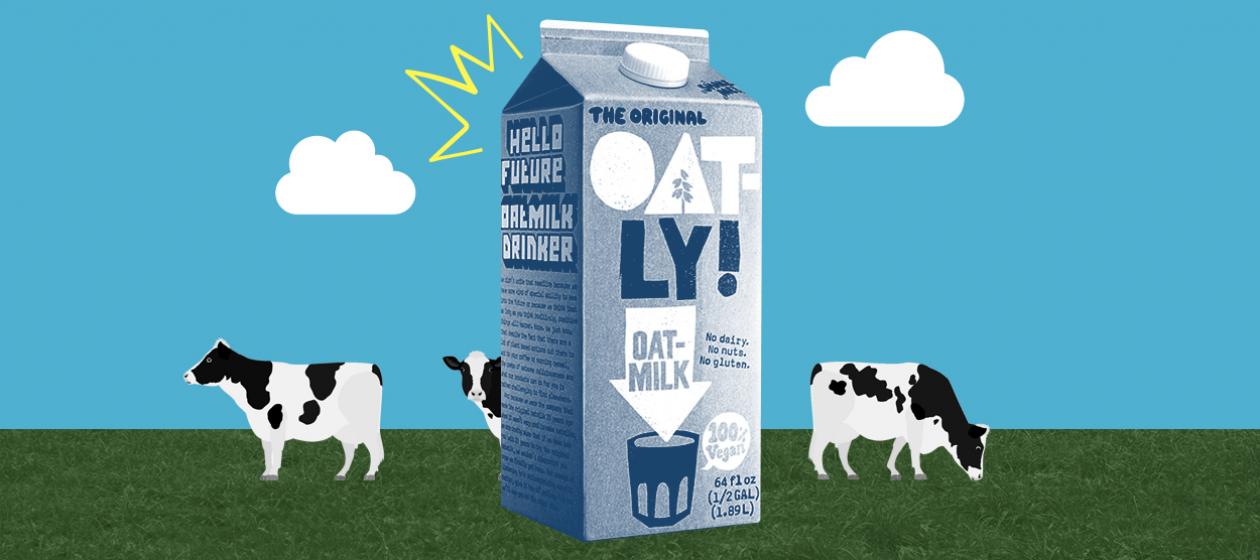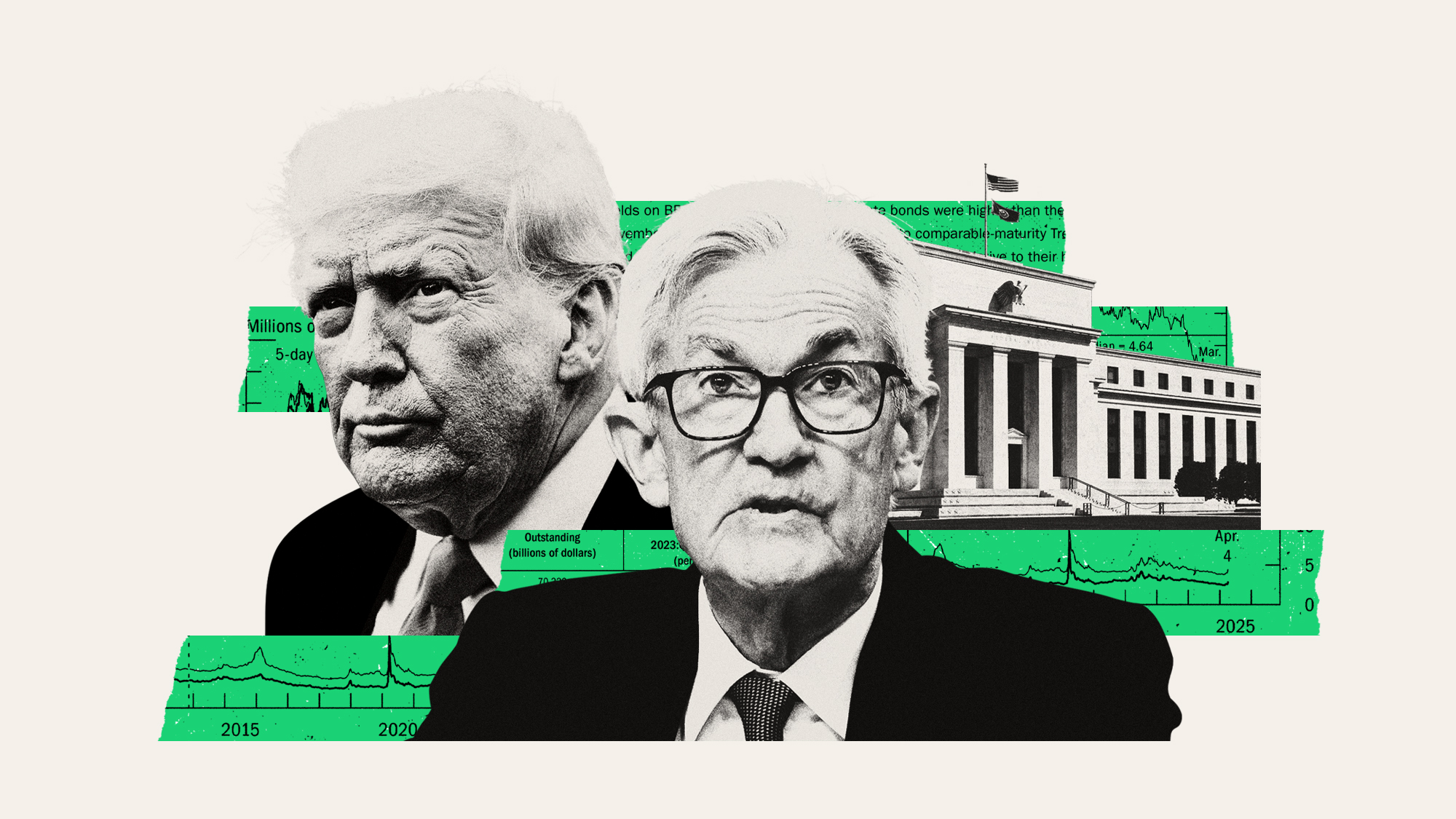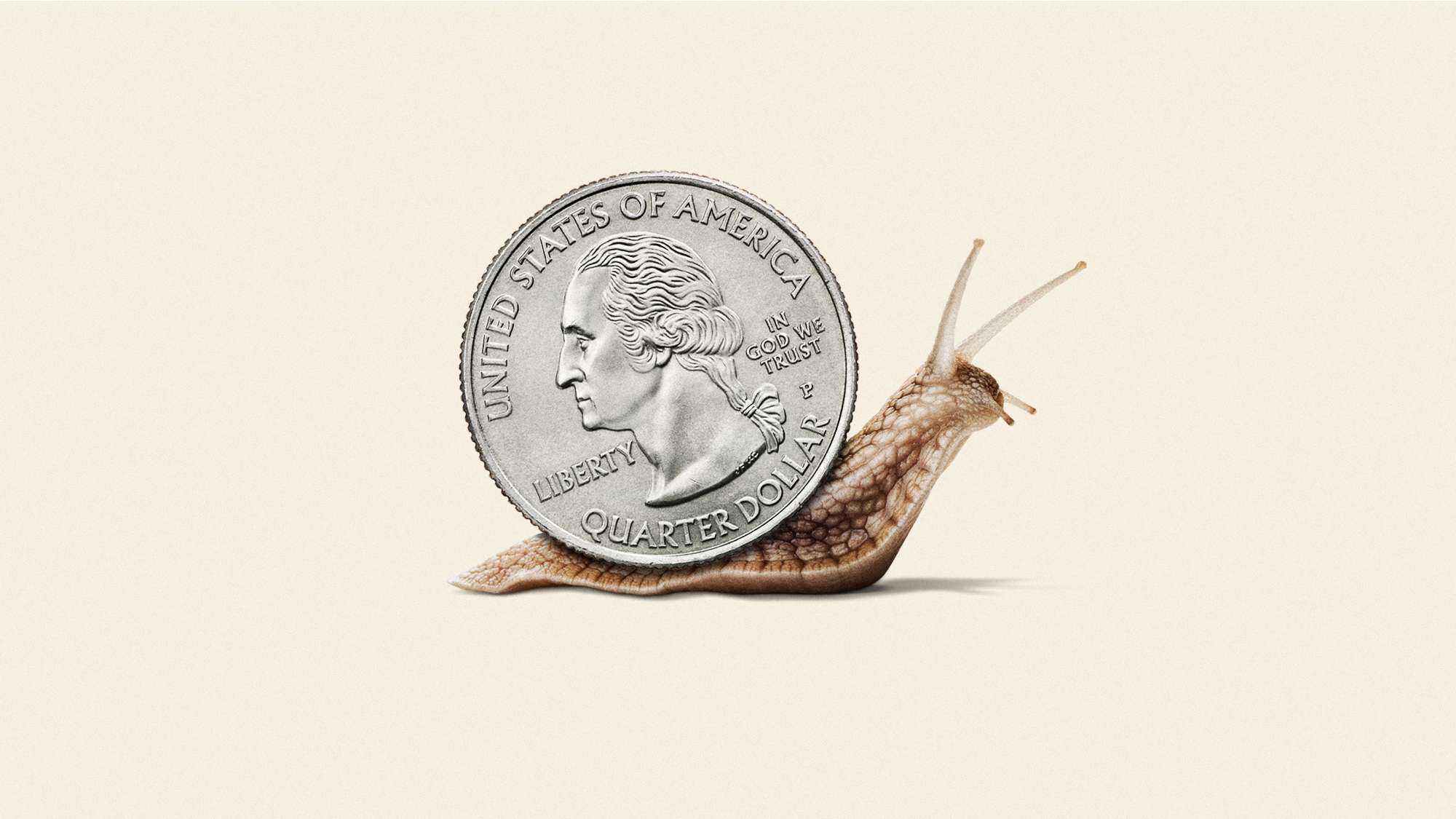The immense promise of the Oatly IPO


A free daily email with the biggest news stories of the day – and the best features from TheWeek.com
You are now subscribed
Your newsletter sign-up was successful
Got (oat) milk?
That's the unexpected question weighing on Wall Street's mind this week, as Oatly, the trendy oat-based milk alternative, is set to make its initial public offering. But at a time when meat is being described as the next great "culture war" and conservatives are up in arms about the imagined possibility of Joe Biden stealing their hamburgers, Oatly could nevertheless reportedly value at $10 billion. One analyst firm even described the Swedish oat milk producer as potentially the next Chipotle or Lululemon.
That's partially because Oatly is unique among plant-based products as being a gateway — and nonthreatening — alternative to animal products.
The Week
Escape your echo chamber. Get the facts behind the news, plus analysis from multiple perspectives.

Sign up for The Week's Free Newsletters
From our morning news briefing to a weekly Good News Newsletter, get the best of The Week delivered directly to your inbox.
From our morning news briefing to a weekly Good News Newsletter, get the best of The Week delivered directly to your inbox.
Meat substitutes historically get a bad rap, in part because meat consumption is so core to American identity; hotdogs and hamburgers are about as close to a national food as we get. This wedding of meat consumption to a distorted idea of patriotism is part of why the GOP is so successful at inducing a panic whenever Democrats so much as mention climate policy. Even as "fake meat" becomes more and more mainstream, the backlash hasn't let up; vegetarians and vegans continue to be punchlines, while plant-based alternatives aren't taken seriously (though admittedly some of that is self-inflicted).
So how has Oatly avoided the association? For one thing, it's easier to swallow — metaphorically, anyway. Non-dairy milks are simply less threatening than meat alternatives, because there's no stigma against being lactose intolerant, as more than a third of Americans are. Already, one in three Americans uses non-dairy milks weekly — compared to the only 3 percent of Americans who are vegan — citing reasons ranging from "it's easier to digest" and "I'm lactose intolerant" to the simple preference of taste.
Oatly, also, has a cult following, helped by what The New York Times describes as its "anti-establishment image" (remember that really weird Super Bowl commercial?). In fact, Starbucks saw the use of milk alternatives in their beverages jump from 17 percent in 2019 to 25 percent in 2020 after the roll out of Oatly. The beverage has a certain cultural cachet; Oprah Winfrey, Natalie Portman, and Jay-Z's Roc Nation count among its investors.
What's exciting for plant-based proponents, though, is that from Oatly, the leap to other animal-alternatives isn't so far. If oat milk can earn a $10 billion valuation and be taken seriously by Wall Street, other food companies are going to want to cash in too (indeed, they already are; "Nestlé has begun selling a tuna substitute called Vuna and is working on scallops," the Times reports).
A free daily email with the biggest news stories of the day – and the best features from TheWeek.com
The biggest hurdle toward a more sustainable food culture in the U.S. is normalizing a shift away from meat. And Oatly might just help do the trick.
Jeva Lange was the executive editor at TheWeek.com. She formerly served as The Week's deputy editor and culture critic. She is also a contributor to Screen Slate, and her writing has appeared in The New York Daily News, The Awl, Vice, and Gothamist, among other publications. Jeva lives in New York City. Follow her on Twitter.
-
 The 8 best TV shows of the 1960s
The 8 best TV shows of the 1960sThe standout shows of this decade take viewers from outer space to the Wild West
-
 Microdramas are booming
Microdramas are boomingUnder the radar Scroll to watch a whole movie
-
 The Olympic timekeepers keeping the Games on track
The Olympic timekeepers keeping the Games on trackUnder the Radar Swiss watchmaking giant Omega has been at the finish line of every Olympic Games for nearly 100 years
-
 Trump wants a weaker dollar, but economists aren’t so sure
Trump wants a weaker dollar, but economists aren’t so sureTalking Points A weaker dollar can make imports more expensive but also boost gold
-
 Can Trump make single-family homes affordable by banning big investors?
Can Trump make single-family homes affordable by banning big investors?Talking Points Wall Street takes the blame
-
 Is a financial market crash around the corner?
Is a financial market crash around the corner?Talking Points Observers see echoes of 1929
-
 Trump wants to revive coal. Will it work?
Trump wants to revive coal. Will it work?Talking Points Wind, solar and natural gas are ascendant
-
 Is Trump America's CEO?
Is Trump America's CEO?Talking Points The party of free enterprise turns to 'cronyism'
-
 Trump's threats to fire Jerome Powell are unsettling the markets
Trump's threats to fire Jerome Powell are unsettling the marketsTalking Points Expect a 'period of volatility' if he follows through
-
 Rich people are 'powering' America's economy
Rich people are 'powering' America's economyTalking Points The income gap sets a new record
-
 Why is the threat of stagflation rising?
Why is the threat of stagflation rising?Talking Points Inflation is sticky. Trump's tariffs won't help.
